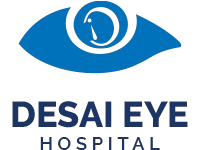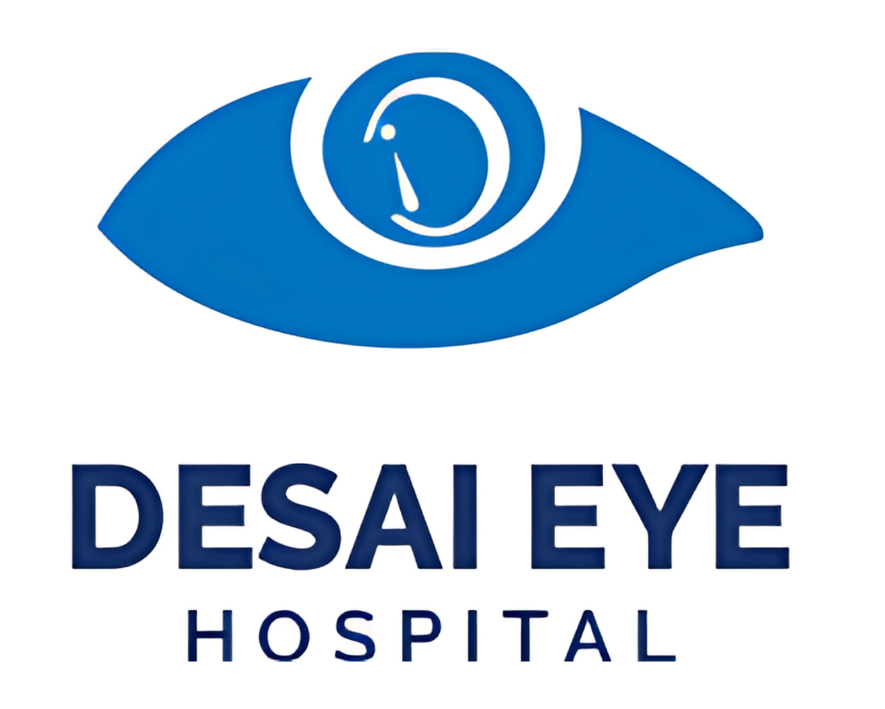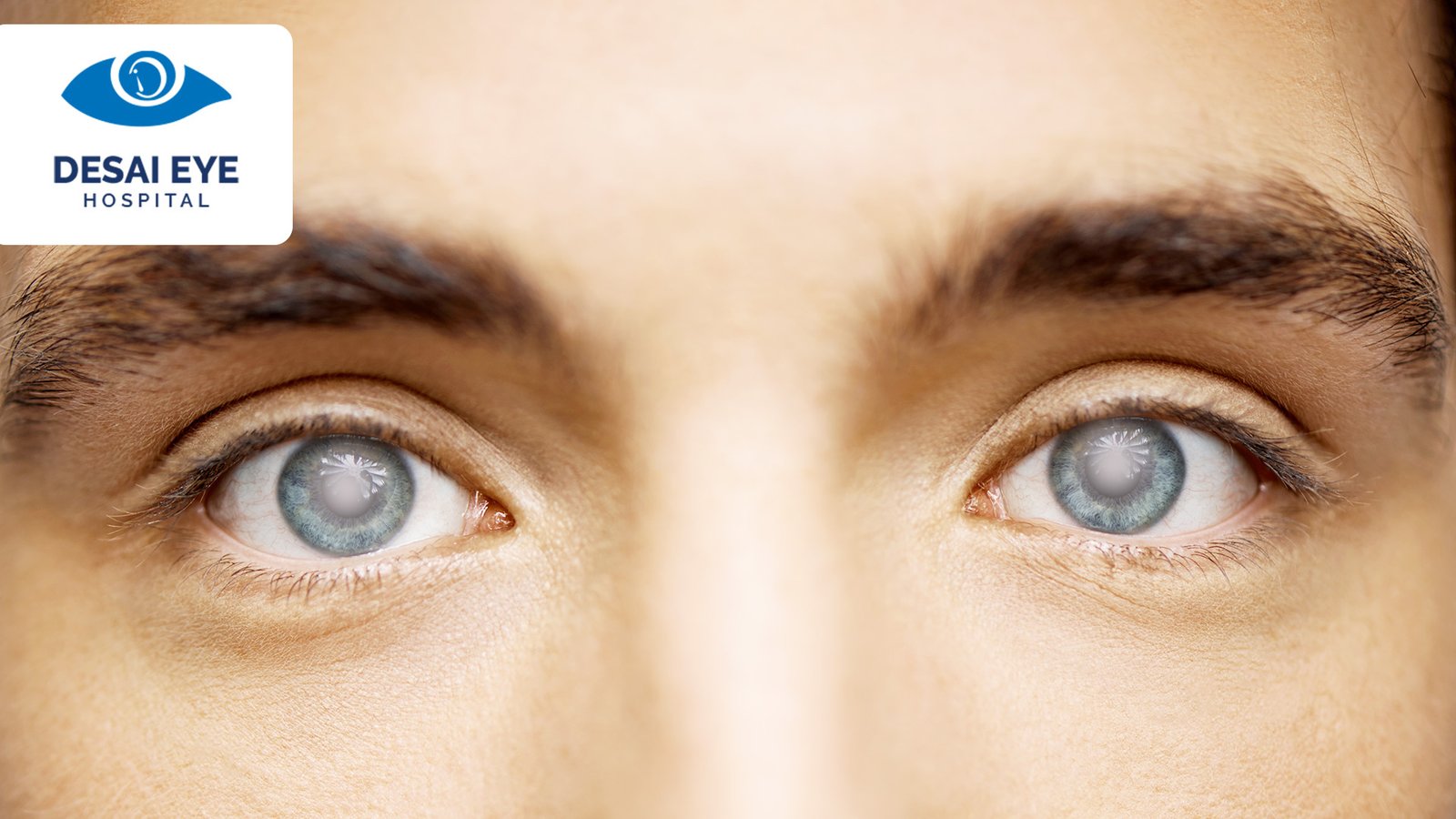Glaucoma is a group of eye conditions that damage the optic nerve, often due to increased pressure in the eye (intraocular pressure). This damage can lead to irreversible vision loss or blindness if left untreated. Glaucoma is one of the leading causes of blindness globally, affecting millions of people, particularly those over the age of 60.
What Causes Glaucoma?
Glaucoma is primarily caused by a buildup of fluid in the front part of the eye, leading to increased intraocular pressure. This fluid, known as aqueous humor, normally drains out through a channel called the trabecular meshwork. If this drainage system becomes blocked or functions improperly, pressure builds up, damaging the optic nerve.
Other risk factors for glaucoma include:
How Does a Retina Scan Work?
Family History: Genetics play a significant role in susceptibility to glaucoma.
Age: Individuals over 60 are at higher risk, with African American and Hispanic populations being particularly vulnerable.
Medical Conditions: Conditions such as diabetes, hypertension, and cardiovascular disease can increase risk.
Prolonged Steroid Use: Extended use of corticosteroids has been linked to glaucoma.
Signs and Symptoms of Glaucoma
Glaucoma is often referred to as the “silent thief of sight” because it typically has no early symptoms. By the time vision loss is noticeable, the damage is usually advanced.
● Primary Open-Angle Glaucoma (Common Form):
- Gradual loss of peripheral vision.
- Tunnel vision in advanced stages.
● Acute Angle-Closure Glaucoma (Less Common):
- Sudden eye pain and severe headache.
- Blurred vision and halos around lights.
- Nausea and vomiting.
Latest Research and Treatment Options
Recent advancements in glaucoma research focus on early detection and innovative treatments:
Imaging Technology: Tools like optical coherence tomography (OCT) now allow detailed optic nerve imaging, enabling earlier detection.
Minimally Invasive Glaucoma Surgery (MIGS): New surgical techniques reduce intraocular pressure with fewer risks and shorter recovery times.
Medications: New eye drops and slow-release implants are being developed to improve adherence to treatment.
Neuroprotection Strategies: Research is exploring ways to protect the optic nerve from damage, regardless of intraocular pressure.
Preventive Measures
Regular comprehensive eye exams are crucial, especially for high-risk groups. Early detection and timely treatment can slow or prevent further vision loss.
Stay informed and take proactive steps to protect your vision. Glaucoma may not be curable, but with early intervention, its impact can be significantly mitigated.
Desai Eye Hospital provides expert care for glaucoma, from early diagnosis using advanced imaging technologies to personalized treatment plans, including medication, laser therapies, and minimally invasive surgical solutions. Our team is dedicated to safeguarding your vision and enhancing your quality of life. Schedule a consultation today to take the first step toward protecting your eyesight!


